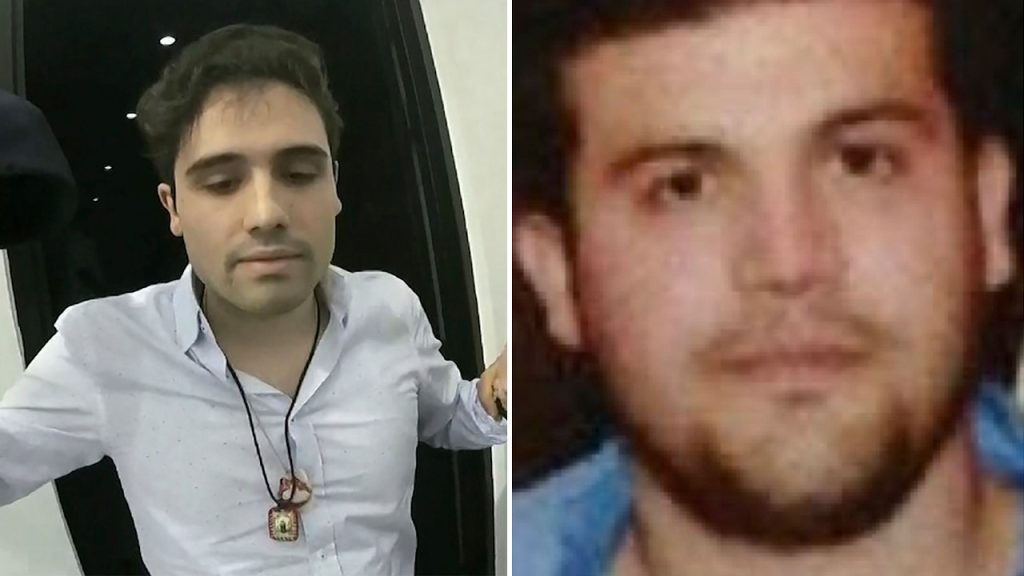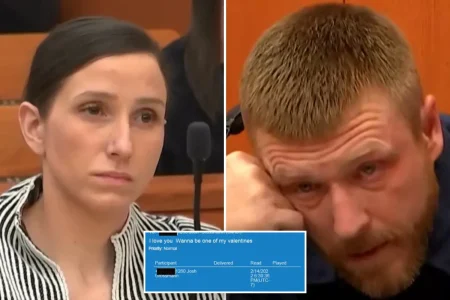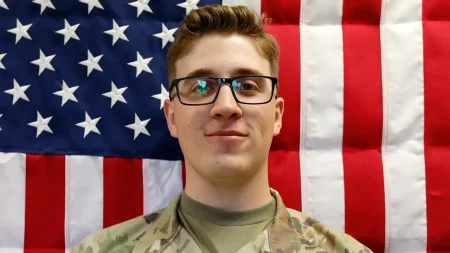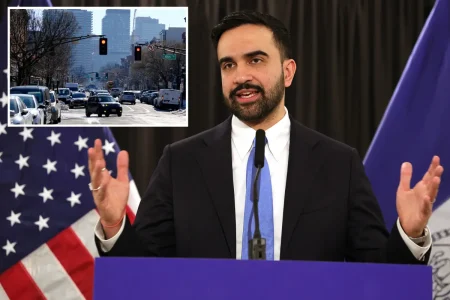The legal saga surrounding the Sinaloa cartel, one of Mexico’s most powerful and notorious drug trafficking organizations, took a significant turn with the revelation that two sons of its infamous leader, Joaquín “El Chapo” Guzmán, are engaged in plea negotiations with the U.S. government. Joaquín Guzmán López, 38, and Ovidio Guzmán López, 34, both face sweeping drug trafficking charges, particularly concerning the deadly opioid fentanyl, which has fueled a devastating overdose crisis in the United States. Their potential plea deals signal a major development in the ongoing efforts to dismantle the cartel and hold its key figures accountable.
The brothers, known as “Los Chapitos” (the little Chapos), inherited a significant portion of their father’s criminal empire and have played a leading role in the cartel’s operations following El Chapo’s extradition and life imprisonment in the U.S. Their pursuit and capture have been top priorities for both Mexican and American authorities, given their influence within the Sinaloa cartel and their alleged responsibility for the flow of vast quantities of illicit drugs into the United States. While both initially pleaded not guilty to the charges, the recent shift towards plea negotiations suggests a potential willingness to cooperate with authorities, perhaps in exchange for reduced sentences or other concessions.
The timing of these plea negotiations is noteworthy. Joaquín Guzmán López’s engagement comes just months after his dramatic arrest in Texas alongside Ismael “El Mayo” Zambada, a veteran leader of the Sinaloa cartel. Zambada’s capture, alongside one of El Chapo’s sons, marked a substantial blow to the cartel’s leadership. Zambada’s subsequent claim of being kidnapped and forcibly transported to the U.S. by Joaquin Guzmán López adds another layer of complexity to this already intricate case. The contrasting accounts of the arrest and the circumstances surrounding it raise questions about the power dynamics within the cartel and the potential motives behind Joaquin Guzmán López’s alleged actions.
Ovidio Guzmán López’s pursuit and capture have been particularly fraught. His initial arrest in 2019 triggered violent clashes between cartel members and security forces in Culiacán, Mexico, ultimately leading to his release to avoid further bloodshed. This incident highlighted the cartel’s substantial power and influence within Mexico, further underscoring the significance of his subsequent recapture and ongoing legal proceedings. His engagement in plea negotiations, prior to his brother’s, could indicate a differing legal strategy or level of cooperation with authorities.
The potential plea deals with the Guzmán López brothers hold significant implications for the future of the Sinaloa cartel. Their cooperation could provide invaluable insights into the cartel’s inner workings, its trafficking routes, and its financial networks. Such information could prove crucial in further dismantling the organization and disrupting the flow of fentanyl and other illicit substances into the United States. It could also lead to the apprehension of other high-ranking cartel members, further weakening its operational capabilities.
However, the potential for plea agreements also raises concerns about the implications for justice and accountability. The severity of the charges against the brothers, their central role in the fentanyl trade, and the devastating consequences of the opioid crisis demand appropriate punishment. Negotiated pleas could result in significantly reduced sentences, potentially sparking public outcry and raising questions about the adequacy of the judicial response to the immense harm caused by the cartel’s activities. Balancing the potential benefits of cooperation against the imperative for justice will be a crucial consideration as the legal proceedings unfold.








